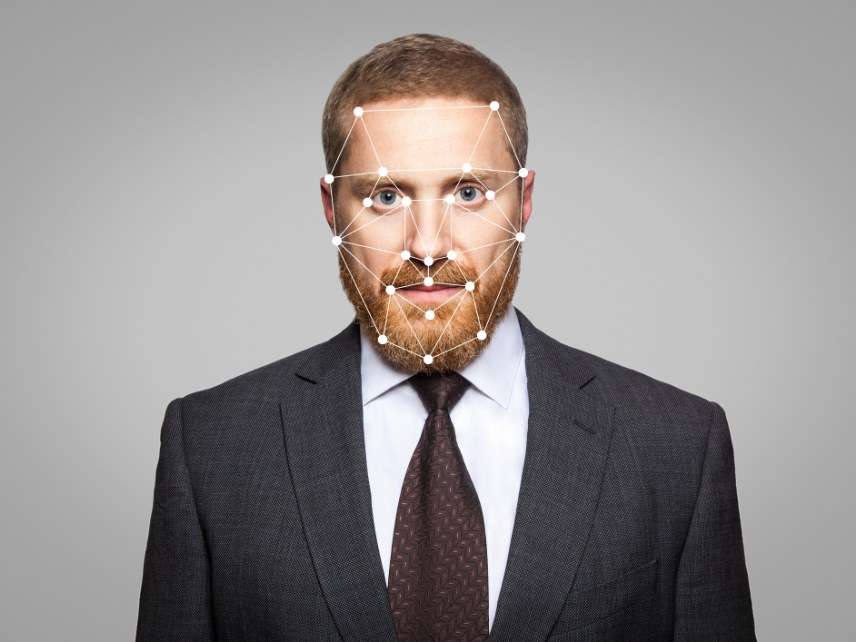Senators Warn DHS About Using Facial Scans on Americans at Airports
Will you soon be ordered to subject yourself to even more intrusive surveillance if you travel out of the country?

Sens. Mike Lee (R-Utah) and Ed Markey (D-Mass.) are teaming up to try to stop the Department of Homeland Security from violating Americans' privacy with facial recognition scanning programs at airports.
The two senators sent a letter to the DHS over the holiday weekend pointing out that the pilot project begun by President Barack Obama's administration and continued under President Donald Trump was not intended to be used on U.S. citizens and expressed concerns about flaws with the systems that could result in Americans being denied access to flights.
The DHS has begun scanning the faces of people boarding international flights at a handful of U.S. airports, ostensibly to catch illegal immigrants still in the states on expired visas. There are plans to roll out scanners to all airports eventually.
This program includes scanning the faces of American citizens, not just foreign travelers. This necessarily means the government is attempting to order citizens to participate in intrusive biometric scanning in order to truly prove who we are. Suddenly, passports are not enough.
Americans are permitted to opt out and the images are stored for just two weeks. But over the summer DHS warned that biometric scanning could eventually become mandatory and the images could end up being used for other purposes.
As the letter from Lee and Markey note, Congress authorized the pilot program to scan foreign travelers, but specifically declined to authorize biometric scanning of U.S. citizens.
The two senators are further concerned about the failure rate and flaws with the technology that could result in as many as one in 25 travelers being misidentified by the facial recognition tools and possibly denied the ability to travel.
Their letter coincides with a new report on problems with implementation of biometric scanning in airports by Georgetown Law's Center on Privacy and Technology. The report notes the implementation of the screening program could cost $1 billion, "Yet curiously, neither Congress nor DHS has ever justified the need for the program."
The explanation for the program has been to help fight visa overstay travel fraud, where a foreign visitor arranges to stay in the country by having an impersonator leave with his or her visa. But, the report notes, the DHS has not adequately studied the extent of this problem nor explained how implementing additional biometric scanning would be helpful to stop the problem. In fact, DHS officials have themselves questioned whether such scanning would be useful. It still has not completed a planned study to report on the extent of visa overstay problems and the value of biometric scanning to stop it.
In the meantime, there are obvious and predictable concerns that the images of American citizens collected from biometric scanning will bleed out of DHS's control and be used for other purposes. American citizens make 50 million trips of year and the Georgetown Law report notes the DHS might extend biometric scans passively into the airports themselves in order to track and identify people.
One neither has to be cynical nor paranoid to see this system being used for purposes other than what the government intended. Just as intrusive searches by the Transportation Security Administration (TSA) are more likely to help the feds fight its foolish war on drugs rather than a war on terrorism, this scanning would most certainly be applied to other purposes. Every surveillance tool that the government insists is used to protect Americans from foreigners ultimately gets used on Americans too.
Read the Georgetown study here. And check out Shikha Dalmia's story from Reason magazine's December issue about how overzealous and misguided immigration law enforcement screws over American citizens.


Show Comments (79)